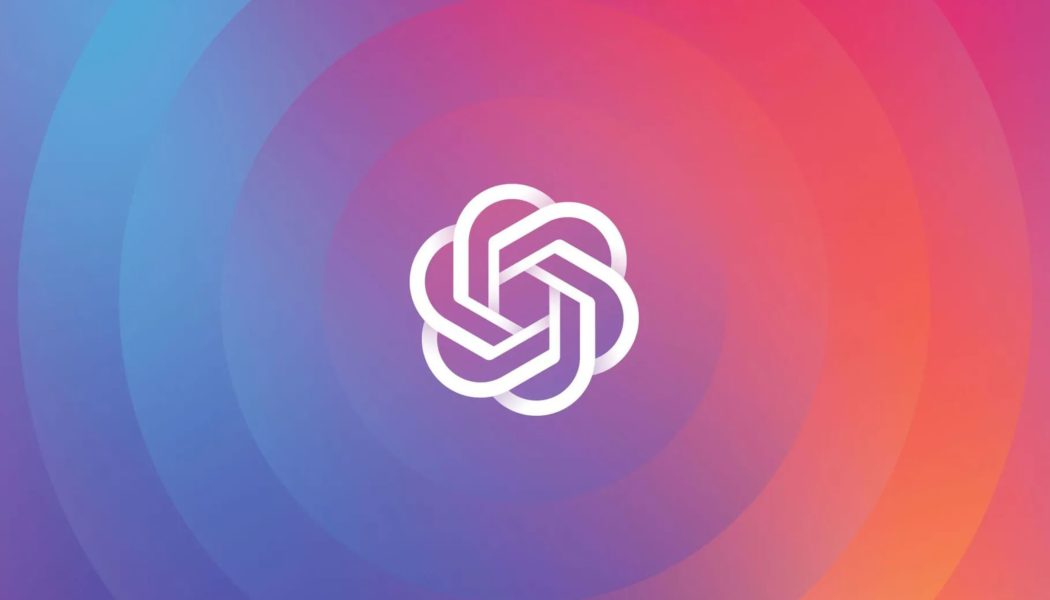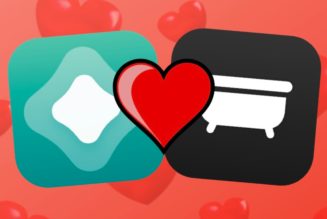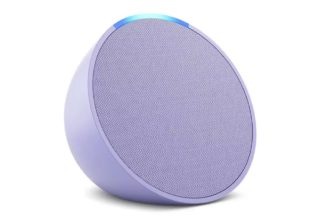AI is going to unleash my productivity… as soon as I can figure out what it’s good for.
Share this story
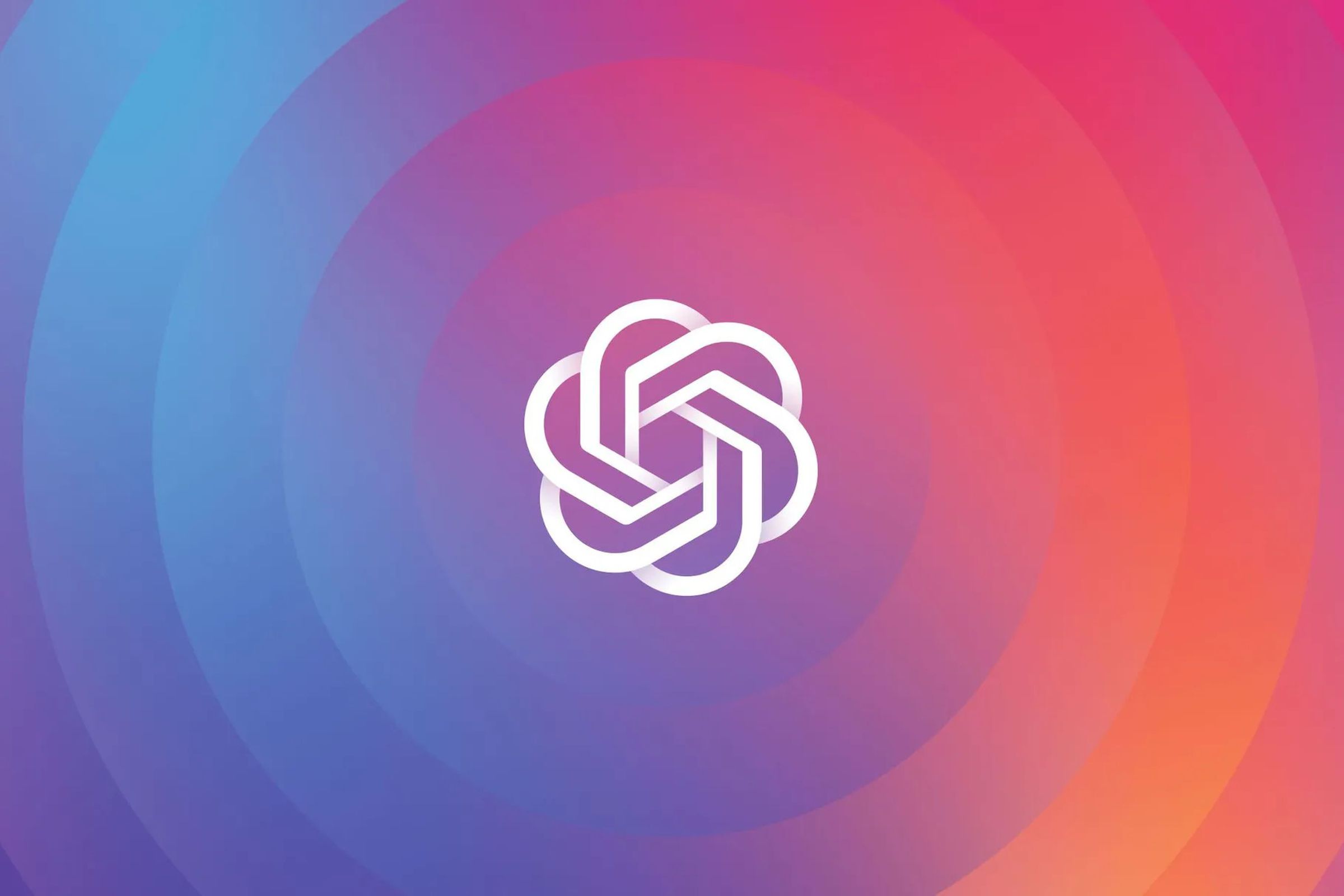
When OpenAI announced other people could build their own custom versions of ChatGPT-style chatbots, I was initially only interested in a journalistic way. I knew this was an interesting commercial step for OpenAI, but the value of the store is still an open question. Why should I use most GPTs (as the bots are called), when I can usually call up an app that does the same thing? But I can’t deny there’s one incredibly useful bot that’s changed a (small) part of my work life for the better. It’s called “What’s Another Word For,” and I made it myself.
“What’s Another Word For” is a tool to help me find exactly that: another word for terms I overuse. Writing is about 60 percent looking for a synonym to avoid repeating phrases, and it’s not always easy to remember synonyms. Until the start of December, if I needed to use a word like “identify” multiple times in a sentence (which happens more often than you’d think writing about AI systems), I turned to Google. If I didn’t like the options on the results page, I had to click through to a site like Thesaurus.com and go through its list.

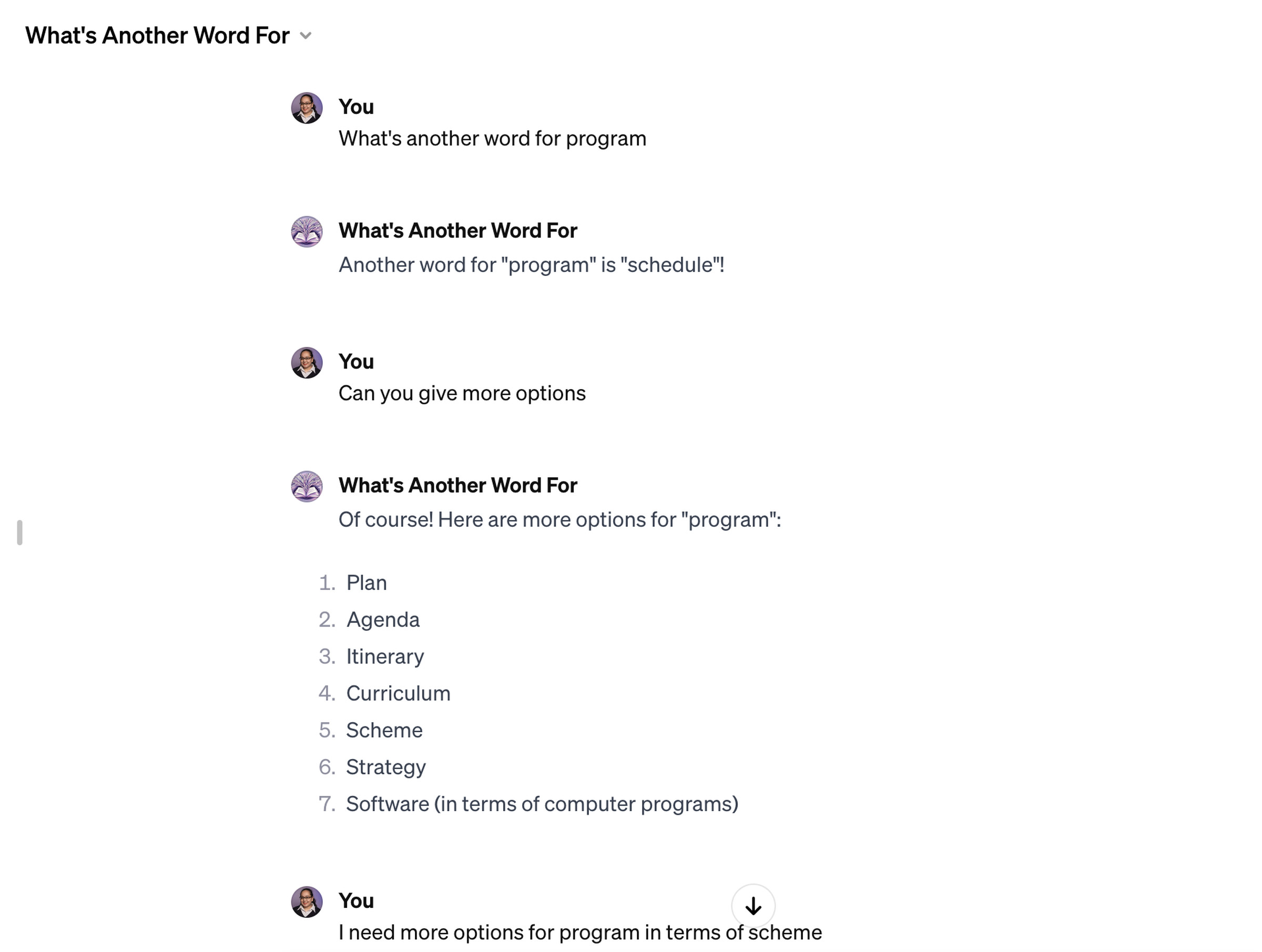
My private synonym-finding GPT automates that process, and building it was simple — the hardest part was hitting on the idea in the first place. OpenAI makes it easy to create GPTs; all you have to do is tell ChatGPT what you want to make (I prompted it to create a GPT that lists synonyms), give parameters on the limits (I told it to only respond to questions about synonyms, antonyms, and definitions), and send it off to the races. I can type in a query now like “Give me another word to use instead of research,” and it will respond with “Instead of research, you can use investigation.” I can ask it to give me a list or tell it to give me a different option.
Since I got “What’s Another Word For” up and running, it’s become a regular part of my process. I keep it open in a browser tab, and instead of turning to Google, I ask the GPT for help finding words.
It seems trivial, but it’s been incredibly helpful for someone who constantly needs to remember how to avoid repetition. Sure, I can keep Thesaurus.com open in a tab all the time, but it’s packed with banner ads and annoyingly slow. Having my GPT open is better: there are no ads, and I can scroll up to my previous queries.
OpenAI wants to make creating GPTs easy so it can argue that AI helps people work. Custom GPTs are a paid product that’s only available to users of ChatGPT Plus, ChatGPT Team, and ChatGPT Enterprise. For now, accessing custom GPTs through the GPT Store is free for paying subscribers, though OpenAI has said it will pay creators based on usage metrics. Unsurprisingly, some AI girlfriends and boyfriends notwithstanding, most of the apps I found solve productivity issues. (I could have made the fiftieth version of a PDF summarizer, if I were so inclined.)
Though I’ve come to depend on my GPT, it’s the only one I use. It’s not fully integrated into my workflow either, because GPTs live in the ChatGPT Plus tab on my browser instead of inside a program like Google Docs. And honestly, if I wasn’t already paying for ChatGPT Plus, I’d be happy to keep Googling alternative terms. I don’t think I’ll be giving up “What’s Another Word For” any time soon, but unless another hot GPT idea strikes me, I’m still not sure what they’re good for — at least in my job.
